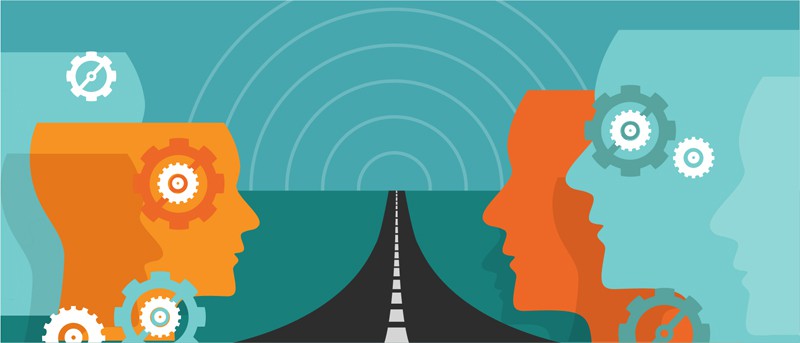Blog
GLASGOW, Scotland — Misinformation and fake news continue to be a major problem across social media platforms. Now, a new study reports people with high emotional intelligence are much less likely to fall for deceptive and untrue news items. Conducted at the University of Strathclyde, the study asked a group
Education is a model based on scarcity, compliance and accreditation. It trades time, attention and money for a piece of paper that promises value. But we learn in ways that have little to do with how mass education is structured. If you know how to walk, write, read, type, have
The Online Learning Consortium’s CEO and Executive Director, Dr. Kathleen Ives, wrote this blog post in reflection of her leadership journey and its relation to the Institute for Emerging Leadership in Online Learning (IELOL) program. In today’s fast-paced academic environment, challenges can occur at any time and, to be an
PHOENIX – Before the pandemic, second-grader Melody Wiseley loved going to school. But for the past year, her life has consisted of Zoom classes and social distancing. The mundane, taken-for-granted moments she once shared with friends in the lunchroom and on the playground are cherished memories. She said the learning
The University of London (UoL) is a federation of 17 institutions – impressive universities in their own right, from the London School of Economics (LSE) to University College London (UCL) and City, University of London, among others. “If you had to invent a structure for this moment it would look like
The study invited participants to read a series of news items on social media and to ascertain whether they were real or fictitious, briefly describing the reasons for their answers. They were also asked to complete a test to determine their levels of emotional intelligence (EQ or emotional quotient) and





